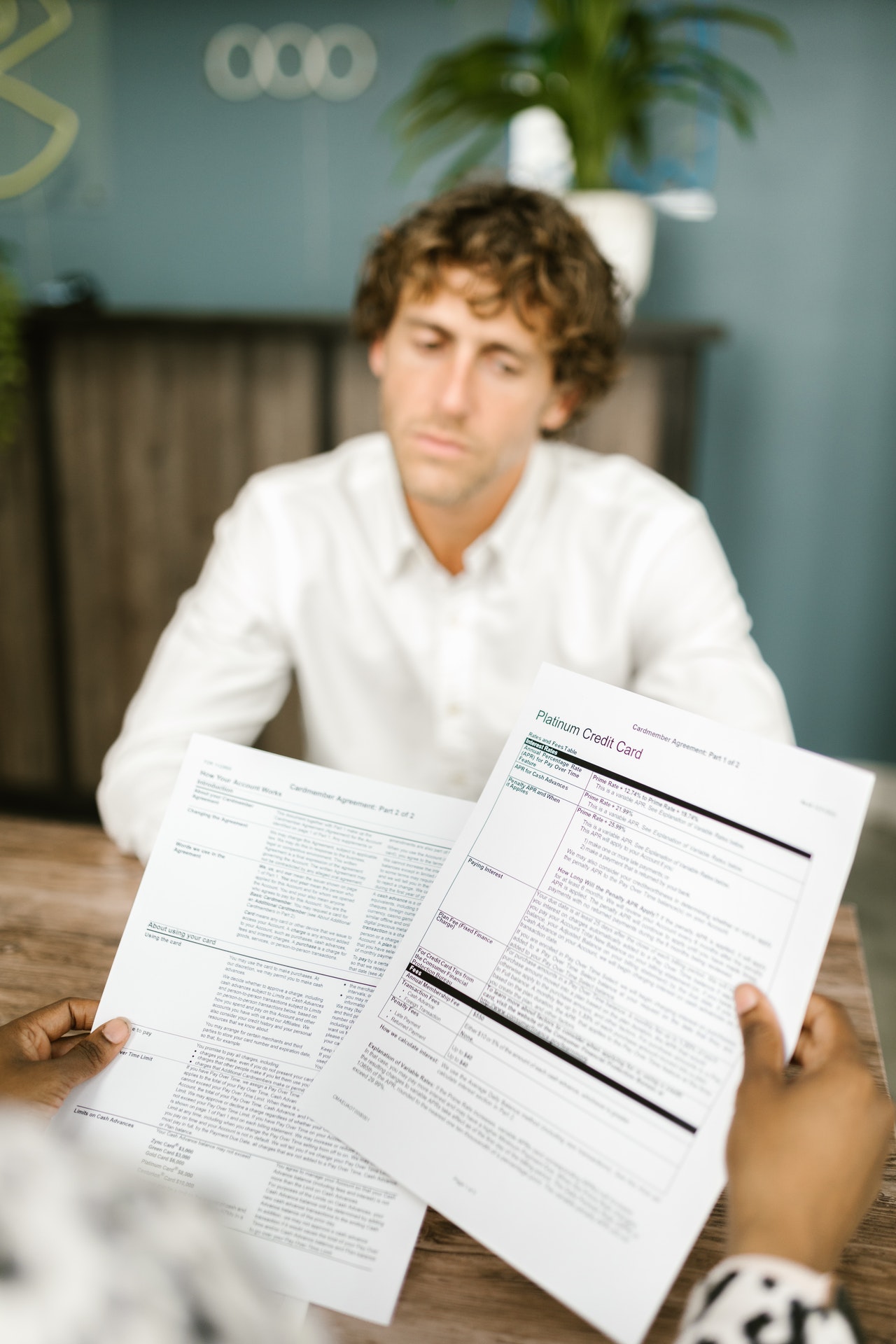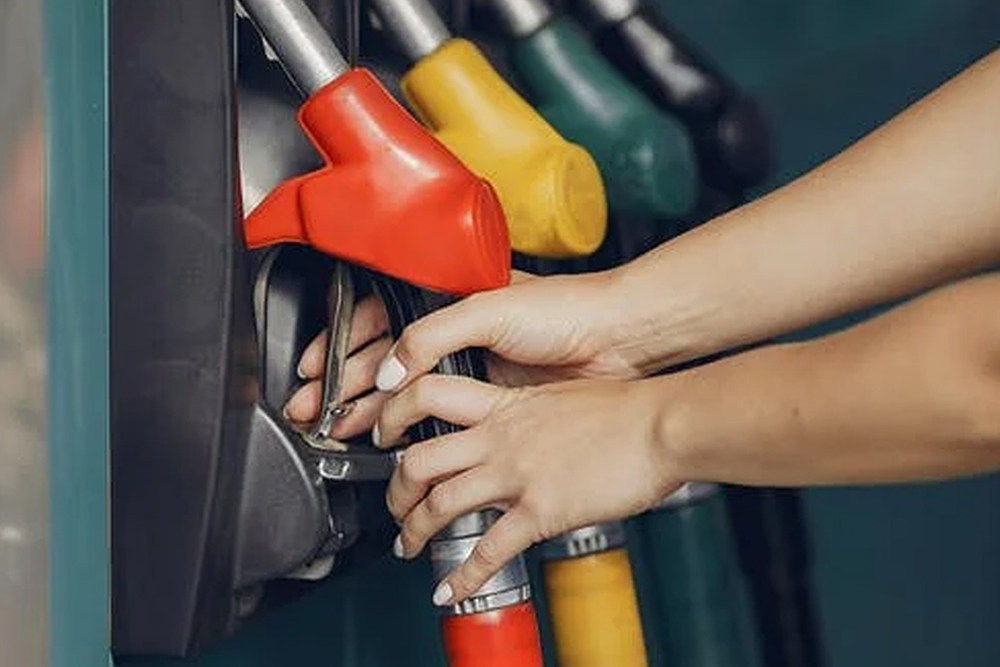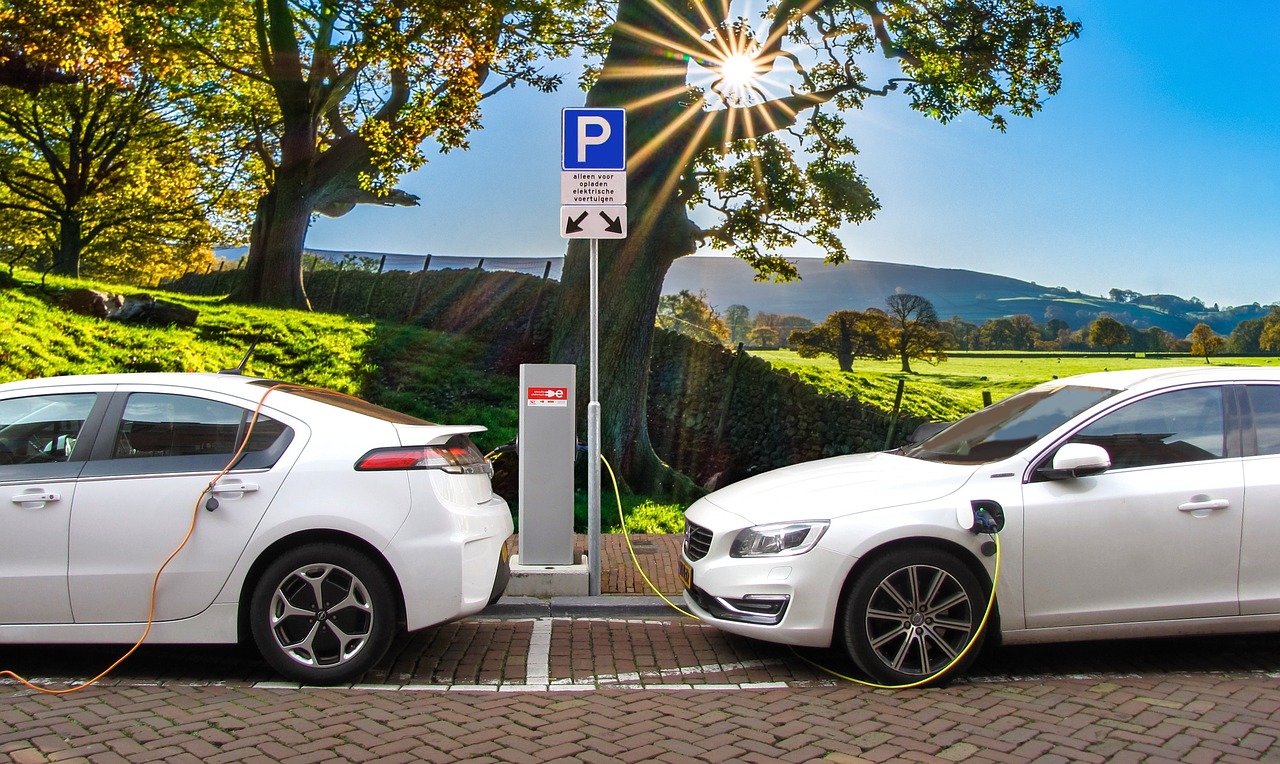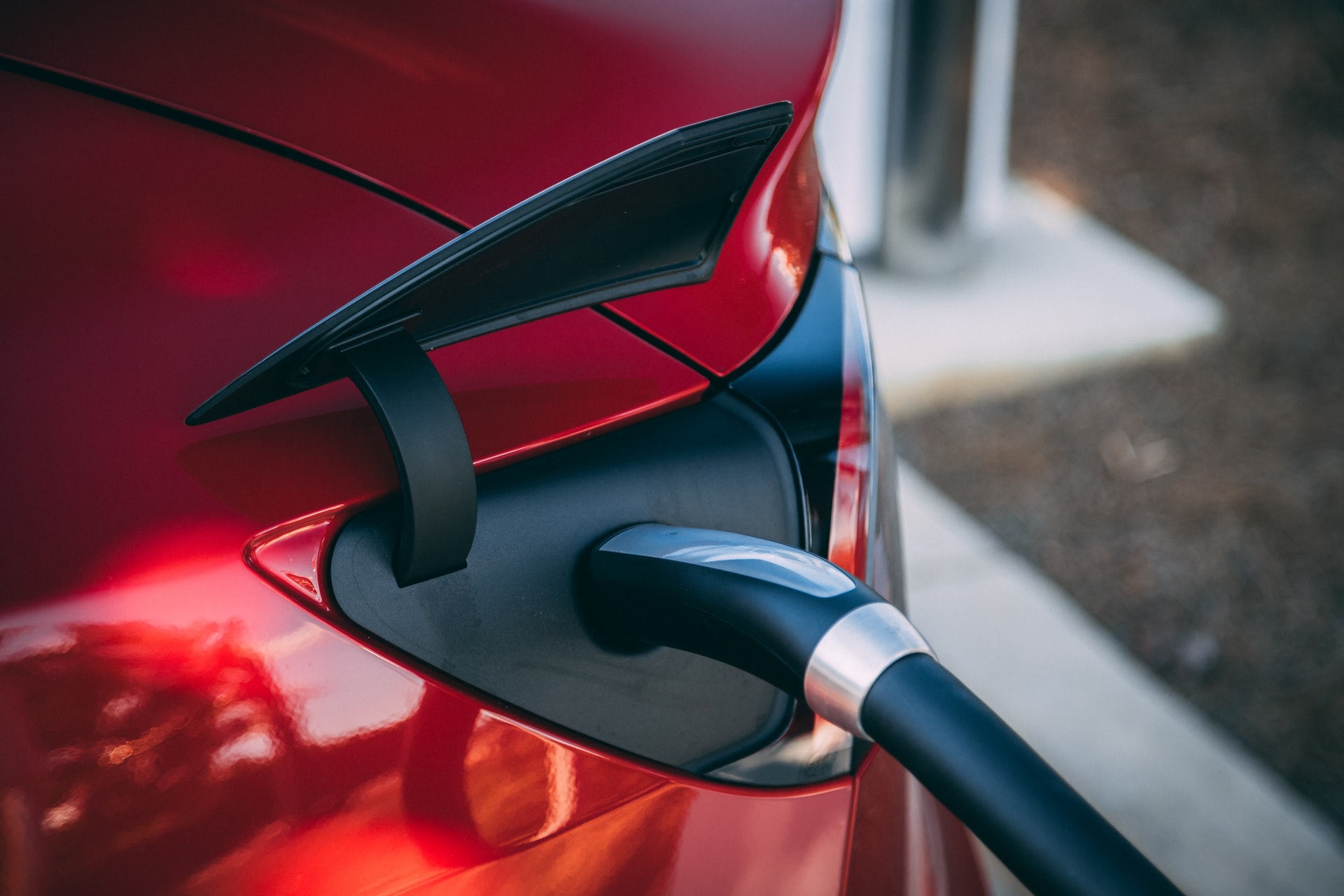
Roman Danaev
Changing a car on PCP early is not common. Most people choose to wait until the term ends as specified in the contract and change the car then. But if you don’t want to wait until you’ve made all your monthly payments, the PCP finance contract has enough flexibility to allow an upgrade. It’s not always the most cost-effective decision, but this is what this article is for - to help you figure out what’s the best course of action for you. Continue reading for an in-depth explanation and a few tips!

What happens during the PCP early upgrade?
Let’s say several months before your contract runs out, you decide to change your car on PCP finance. Even if you were assured that the contract is set in stone, it’s actually more flexible than you think. We’ll outline the steps that you normally have to follow:
Step 1. Contact the lender
This is to get a finance settlement figure, which is how much money you owe on your finance agreement plus interest. Write down this number for further calculations.
Step 2. Get your car valued
You can use an online tool. But it’s better to get an accurate assessment from a professional because there are many factors contributing to value depreciation (condition, mileage, warranty, service history, current car prices, etc.) Write down this number, too.
Step 3. Find out how much equity you have
Equity is the difference between the resale value of your car and the amount you still owe.
So, for this step, subtract the settlement figure from the valuation price of the car on PCP. If you have a positive figure, that’s great. This means you have positive equity and can use the difference to pay towards your next car. If you get a negative figure, this is the extra amount you’ll have to pay. Negative equity means you can’t swap your car without first covering excess depreciation. You may be better off waiting until the end of the finance term - by then, it’ll be the car retailer’s responsibility.
What you should know about the settlement
The settlement includes any outstanding under the finance agreement. The lender will take into calculation the expected interest yet to be accumulated and sometimes even add an extra charge for early repayment. Basically, the PCP provider will not let you go unless you bring in the profit you were supposed to bring.
Here is what will affect the settlement figure for the car on PCP:
- Length of the deal
- Total PCP loan amount
- Balloon payment
- Monthly payments
- Admin
- Number of instalments you’ve made
As mentioned earlier, you can’t weigh in - it’s the lender who will come up with the figure.
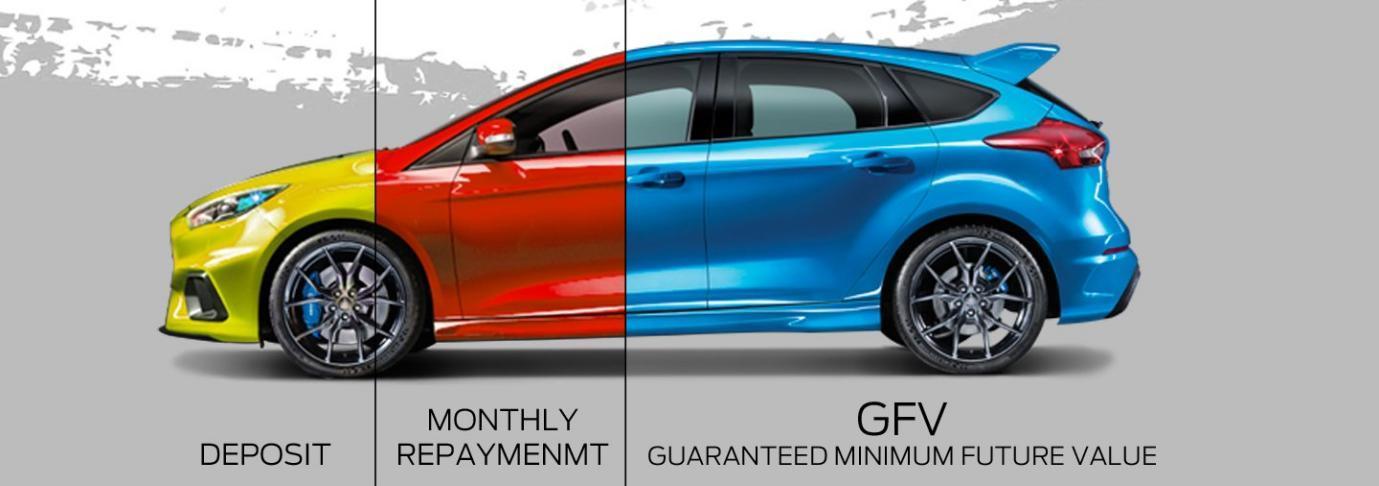
Finance companies can be very conservative in their GFV (Guaranteed Future Value) predictions. This is exactly when you take advantage of changing the car early. As long as the actual value of the car is higher than the lender expected, you’re at an advantage.
If you don’t have the money to pay the settlement figure, it’s possible to refinance it. It’s not ideal because the new finance contract will involve interest. But if the full repayment amount is still less than what you’d pay under the original contract, go for it.
Find car finance deals with the best rates!
Get a quoteWhen should I change my car on PCP?
In short, the best time to swap a car is when it doesn’t cost you anything, or you walk away having made a profit. Let’s dive into the details.
As soon as any car rolls out of the dealership centre, it starts losing value. All your PCP payments take that depreciation into account and cover the value the car is going to lose. With this in mind, you’re aiming for the sweet spot when your car’s current value and your remaining debt even out.
The break-even point often occurs in the final year of the contract. Consider waiting some time to let the car gain equity. A lot of models not only hold their value but also become more sought-after with time. Of course, this will only work out for you if the lender is unaware of this. If you’re planning a swap, keep an eye on the market prices and the news that can affect them. The prices for older models can spike due to supply issues, when newer models prove to be worse, and other unforeseen circumstances.
Here are the types of cars that depreciate less:
- Nearly new cars (one to three years old) and older cars (around eight years)
- Cars on long waiting lists
- Cars with fuel-efficient engines
- Cars with very low mileage
- Well-modified cars
How to get the best finance deal
You can’t really negotiate the settlement, but you can take measures to make things better for yourself. Some of the points below are applicable before you sign up for PCP, others are when the contract is already running:
- Choose a car that holds value (for your original PCP contract) - These are SUVs, high-end cars, any car with brand reliability and fuel efficiency. Just to give you a few examples of the slowest-depreciating cars in the UK, these are Toyota Land Cruiser, Porsche Cayenne, and Range Rover Sport.
- Have a good maintenance routine - Follow the checklist that is reasonable for your particular car model. Have regular check-ups, inspect and maintain tires, change the oil, change your engine air filter, etc. A car on PCP that is in good condition will definitely be worth more.
- Choose a cheap car (for your new PCP contract) - It’s a simple equation: the cheaper the new car, the less you’ll have to borrow. If you have equity from the previous car, it can cover the new deposit for a reasonably priced car. Besides, owning an expensive car can make your life more stressful in many ways.
- Find a deal with low interest - Compare the terms at different providers - i.e., shop around. Ask what you can do to lower the interest or to shorten the agreement term.
Good reasons to swap a car early on PCP
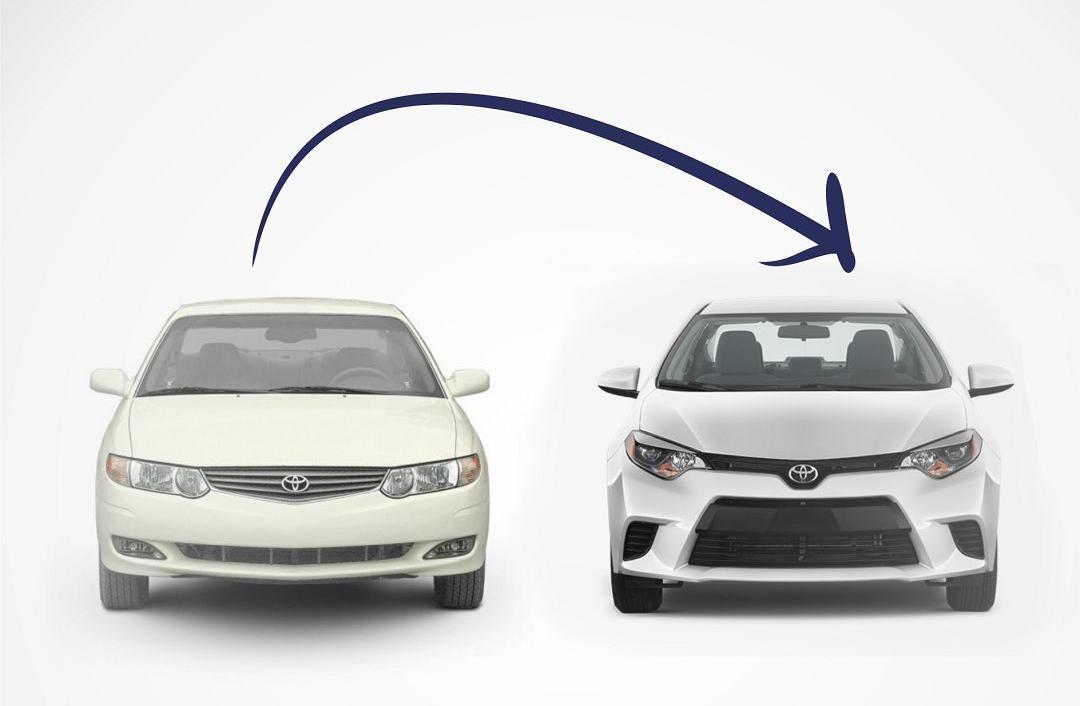
In this section, we’ll describe four scenarios when changing a car on PCP early is a good idea. Let’s establish one thing: the main condition for any of these reasons is that you break even or have money left after paying all the and covering outstanding finance.
You want to save money
This ties in with our point of choosing a cheaper car for your new finance contract. If you were originally paying a pretty hefty sum monthly and the car maintained value well, a notably cheaper car will be associated with a lower monthly payment. Just make all the calculations in advance to determine whether the savings will be wiped about by the settlement or not.
Don’t try to save money by extending the monthly repayment period. While it will result in lower month-to-month, you’ll end up paying more overall due to interest. It is much more cost-effective to simply borrow less for the new car that you originally borrowed for the previous car.
You want a more suitable model
Finding out you chose the wrong care is not rare. Some people are misled by marketing, some are convinced by dealers. For example, Tesla's adverts overstated the horsepower of the Model S P85Ds; the BMW i3 was exposed as not emission-free.
Other times, the car can longer serve the purpose you need it for. For example, you may have bought a smaller city car but relocated to the countryside since then. Or your family has just gotten bigger. A transition to a larger, more reliable and more durable SUV could be necessary.
Choose a car that meets your needs for now and for the foreseeable future. In the example above, we mentioned an upgrade. But your transition to a more suitable car can also mean a more economical model (lower tax, fuel-efficient, lower configuration, etc.).
You want a better model
No one can blame you for wanting the latest model with top-level specifications and features. After all, that’s what car manufacturers strive to do - release better cars each time and implement the latest technology. But you have to come to terms with the fact that better performance, luxury, and comfort cost more.
Newer cars tend to be expensive, so you’re unlikely to lower your next round of payments. We still recommend waiting until the break-even point for your existing PCP agreement. You will not lose money, and you will score a better car.
Determine whether the new car is worth the price and the hassle. If you’re not knowledgeable enough to make this assessment, ask a car finance consultant for help. In many cases, the wisest move would be to wait until the end of the agreement.
You waited until the end of your contract
Technically, this doesn’t count as an early swap. But it’s important to highlight that letting your PCP agreement end naturally is the easiest option. You will only pay what you were supposed to under the contract, avoid more paperwork, and prevent unnecessary stress.
Think of it this way: if you settle the existing car finance as planned, you can return the car without paying the balloon payment and finance a new car. Essentially, you get to change cars but only in a longer timeframe. You will walk out of PCP without capital towards the new car, but this wouldn’t happen even if you terminated the contract early.
As you head toward the end of your agreement, the dealer may come forward with their own proposition. So, keep your options open - whether you plan on changing cars often or warming up to the idea of eventual ownership.
Can I still trade in my PCP car to another dealer with negative equity?
A vehicle with negative equity means that it is worth less than the amount of the debt owing on it. If you have negative equity of £500 in your vehicle at the end of the contract but it is worth £5500 at the end of the contract, then you have negative equity of £6000.
If you choose to return the vehicle to the original dealer, this does not pose a problem. As part of your contract, they will install the GMFV - and you won't have to worry about paying the difference.
It can be difficult to part exchange your car with another dealer if you decide to do so. You will have to cover the difference if the new dealer does not accept such risks. You can pay it all at once or spread it out throughout your new contract.
What are the advantages and disadvantages of trading my PCP car to a different dealer?
Advantages
- You may be given more equity by a new dealer if they value the car higher
- Perhaps you have a particular make/model that you would like to see from a new dealer
- Compare quotes from various dealers and choose the dealer that values your car the highest
Disadvantages
- You may end up with negative equity if you refinance with a new dealer since there is no GMFV
- The settlement may be lower than the value of your car, so you may have difficulty finding a dealer willing to pay the difference
- A two-dealer system rather than one
Contents
Latest News
| Loan amount: | £16,000 |
|---|---|
| Length of loan: | 60 months |
| Interest rate: | 12,9% |
| Amount of interest | £5,793.84 |
| Total payment: | £21,793.84 |

